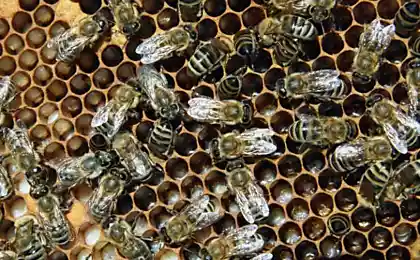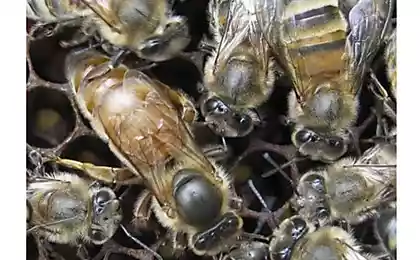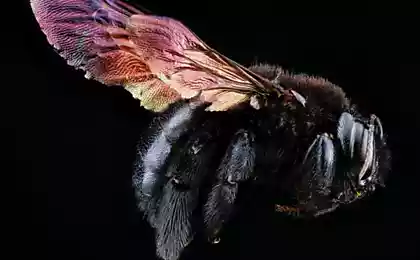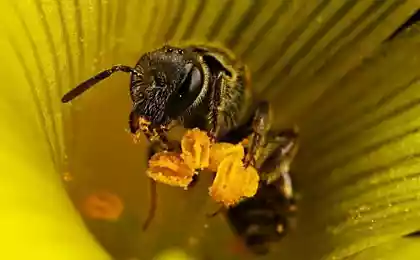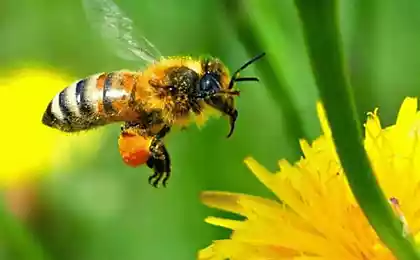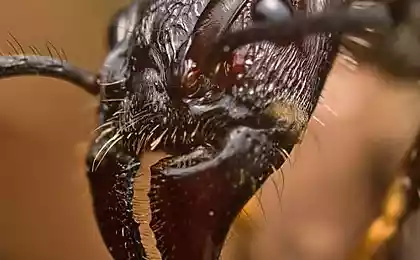538
In Europe, the number of colonies of honey bees has fallen by 12%
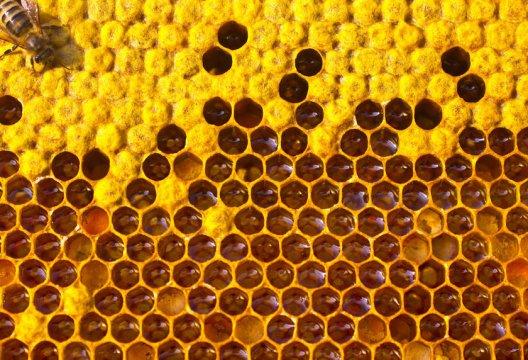
Photo The physicist / Fotolia
Science News, referring to the work of scientists of the University of Strathclyde (Scotland), publishes the results of a six-month study has calculated the number of colonies of honey bees. According to the data, since the beginning of 2015 the number of bees decreased by 12%, with the largest drop in population occurred in Ireland, Wales and Spain. As a possible reason for this is called low for the spring and summer months, the temperature was observed in the last year in Norway, Scotland, Sweden, Denmark and Ireland: it fluctuated in the range of 12.8 - 14.4 ° C
. Studies of this kind engaged in European specialized international non-profit organization - COLOSS (the name is derived from the English words COLony LOSses), dealing with issues of beekeeping. It provides the data for the study: in particular, 23 thousand respondents, with observations were first obtained from Russia and Ukraine took part in the latest study. As a result, it was found out that out of approximately 470 thousand bee families have not moved the winter in 2015 about 68 million, accounting for about 15% of the bee population. That number has grown by about half, compared to the same season in 2014.
Geographically, the loss of bee families are unevenly distributed. If the "championship" belongs to Ireland this year, last year's "leaders" were central Europe and probably this tendency is preserved in time: since Austria lost 25% of the bees, and in Norway, only 5%. As mentioned above, a possible reason for such losses may be a cold spring and summer weather, which caused a slowdown of development of bee colonies. However, since the same was observed among populations of the parasitic varroa mite, which in honey bees is used as the host, the low temperature admit the only reason for such a loss is not possible. Full map of potential problems with the honey bees Europe is shown below:
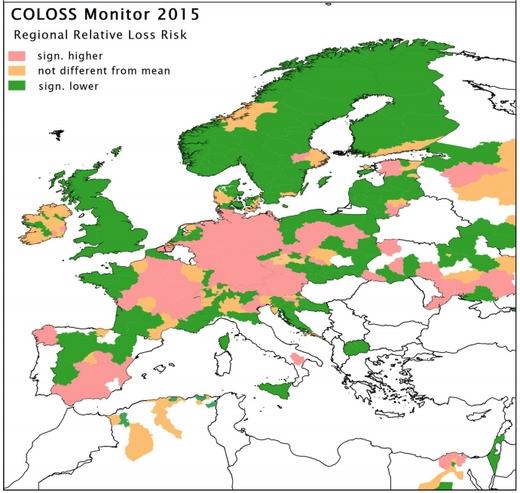
In November 2015 Geektimes noted that climate change, even petty, is already having a direct impact on the way of life of many people. Since the Belgian brewer lost an opportunity of natural fermentation of the beer in the air due to a too high temperature, which is not in line with accepted recipe of making this type of beverage.
In popular culture is usually attributed to Albert Einstein thought that reads as follows: "If the face of the earth bees disappear, mankind will last four years." This implies that in the absence of bee-pollinated plants will stop, causing them to extinction, which in turn create problems and animals and, eventually, humans. Apparently, this is not true, and the words of others attributed to the great physicist specialized brochure for beekeepers, anticipating habit, appeared in the social networks a decade later. However, this does not negate the relevance of the problem - in about the same way at the time expressed several other scientists, including Charles Darwin
. Source: geektimes.ru/post/279192/

